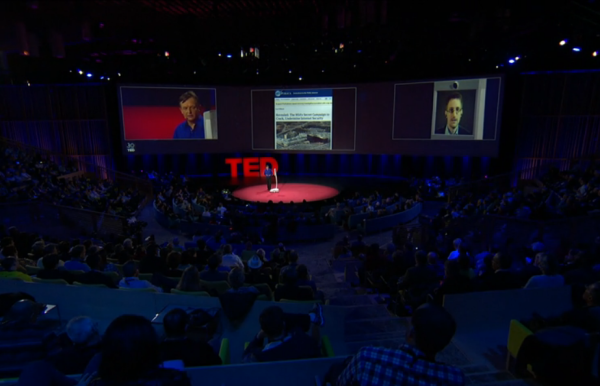TEDx Conference, Vancouver: Here’s how we take back the Internet
In 2013 Edward Snowden leaked thousands of classified American National Security Agency documents, sparking a global conversation about citizens’ rights to privacy on the Internet.
Why you should listen
Edward Snowden was just about to turn 28 when his face was suddenly splashed across every major newspaper in the US. In the summer of 2013 The Guardian published a series of leaked documents about the American National Security Agency (NSA), starting with an article about a secret court order demanding American phone records from Verizon, followed by an article on the NSA’s top-secret Prism program, said to be accessing user data from Google, Apple and Facebook.
It wasn’t long before Snowden came forward as the source, revealing that he had carefully planned the leak, copying documents when he was working as a contractor for the NSA. “I understand that I will be made to suffer for my actions,” he said at the time, but “I will be satisfied if the federation of secret law, unequal pardon and irresistible executive powers that rule the world that I love are revealed even for an instant.” Snowden’s actions have led to a global debate on the relationship between national security and online privacy. His leaks continue to have a lasting impact on the American public’s view of the government, and has encouraged media scrutiny on the NSA.
Snowden had coordinated the leak with journalist Glenn Greenwald and filmmaker Laura Poitras from Hong Kong; after he revealed his identity, he fled and ended up in Moscow. Under charges of espionage by the American government, Snowden remains in Russia in temporary asylum.
Appearing by telepresence robot, Edward Snowden speaks at TED2014 about surveillance and Internet freedom. The right to data privacy, he suggests, is not a partisan issue, but requires a fundamental rethink of the role of the internet in our lives — and the laws that protect it. “Your rights matter,” he says, “because you never know when you’re going to need them.” Chris Anderson interviews, with special guest Tim Berners-Lee, [British computer scientist, best known as the inventor of the World Wide Web, who is proposing a Magna Carta for the internet].










